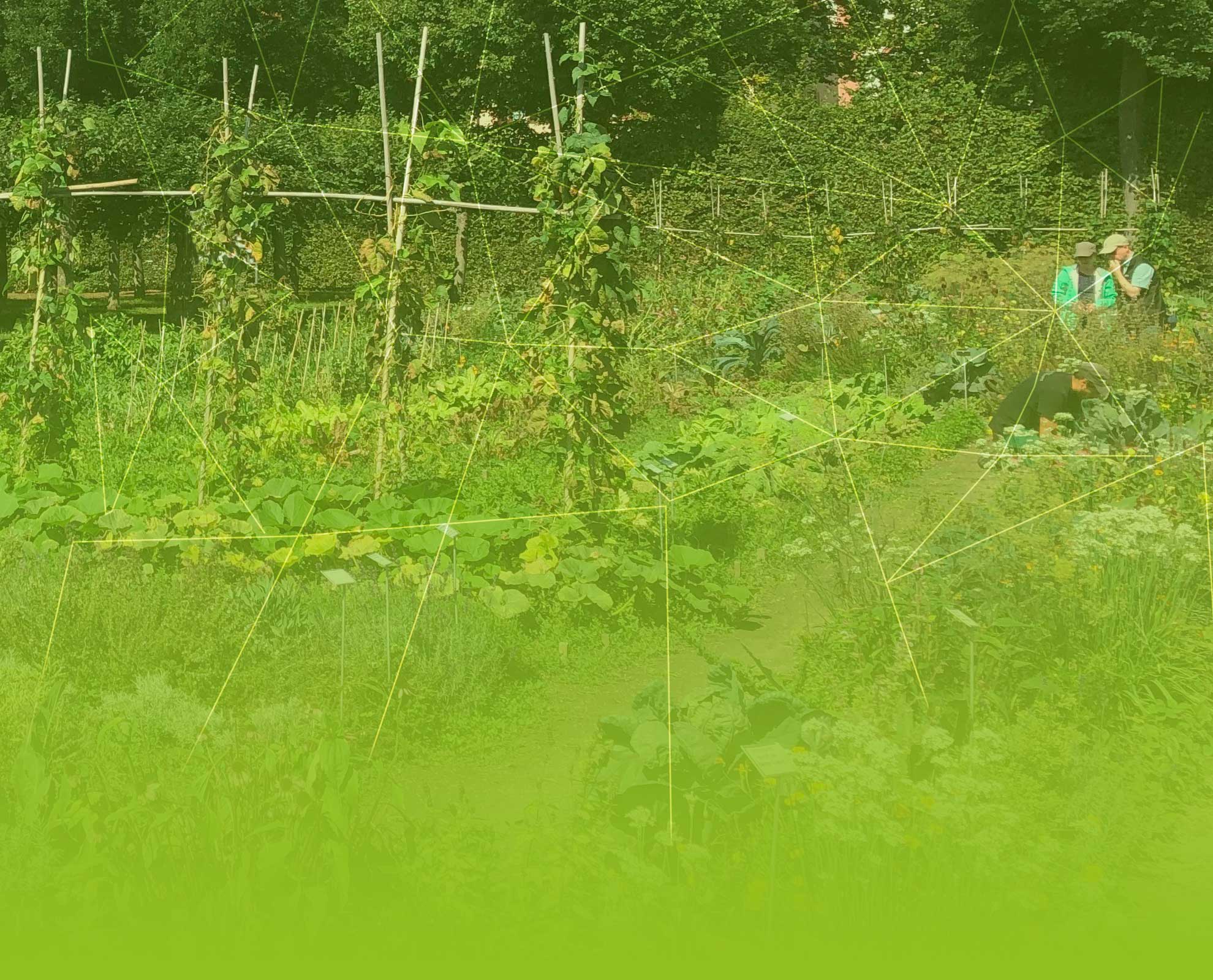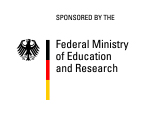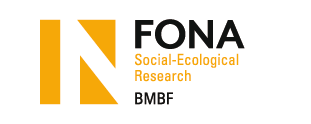The shift towards sustainability – innovative approaches in local/municipal fields of activity
A sustainable economy aims at managing the economy in a way that combines economic competitiveness with protecting the environment and nature as well as with social inclusion and justice. A far-reaching and profound transformation of society is necessary in order to bring about such an economic system. However, this process may start with innovations in niches that then gradually evolve until, in some cases, they are able to change an existing regime permanently and substantially. Innovative approaches geared towards sustainability can be observed in different areas, including the classical fields of municipal activity: energy supply, water supply and wastewater disposal and construction and homes.
Energy
Bio-energy villages with integrated local energy supply concepts, especially with local heat networks fed by renewables (usually solar), seem to be a relevant niche for sustainable energy supply and for handling energy in an eco-conscious way. Many concepts support renewable energies or are exclusively based on these and additionally promote measures to increase energy efficiency and energy saving.
Water supply and wastewater disposal
Changing patterns and volumes of rainfall, substantial regional reductions in the number of users with simultaneous increases in the areas being developed for housing are changing the framework conditions of water supply and wastewater disposal. On top of this, there are new ecological requirements. The following niches seem relevant with regard to these challenges:
- New kinds of sanitary systems (NASS-concepts = “neuartige Sanitärsysteme”) with greater separation of concentrated streams of wastewater make it possible to produce energy and re-use water and nutrients.
- Sustainable or integrated rainwater management
- Local wastewater disposal concepts that are centrally organized and operated (“centralized operation of decentralized installations”)
Construction and ways of living
In the light of growing societal challenges, new solutions for improving housing and living conditions are being offered which range from joint housing initiatives up to eco-villages.
Due to the problems associated with societal changes such as social isolation, the desire for a more self-determined way of living on the part of the elderly, affordable housing and the resulting demand for infrastructure and support services, the niche of joint housing projects focused on people at the end of their working lives or pensioners seems particularly rational. This can involve multi-generational housing projects and 50+ projects.
Identifying obstacles and supportive factors – deriving and diffusing recommendations
TransNIK aims to analyze the drivers for and the obstacles to the development and diffusion of innovative sustainable approaches in the three fields of activity and to identify key points for the transition to new solutions. The focus is on approaches that contribute to a more sustainable economy and in which innovative organizational, technical and social structures, production and utilization patters can emerge/become better established/and evolve.
The project builds on existing sustainability research that recommends supporting local and regional transformation projects. In close cooperation with practitioners, selected innovative approaches are identified in the three fields. Based on concrete case studies of examples from these niches, recommendations for action are derived for the stakeholders involved and for the policy framework setting needed to promote such developments. Practitioners already stand to benefit from the interim results while the project is still ongoing, from their participation at workshops among other things. The results should help to increase synergy effects between the fields and allow learning to take place that spans the different domains by not just analyzing the niches in the three fields in isolation, but by specifically exploring the interfaces and interactions between them.
Dr. Nele Friedrichsen(link is external), Fraunhofer-Institut für System- und Innovationsforschung ISI




